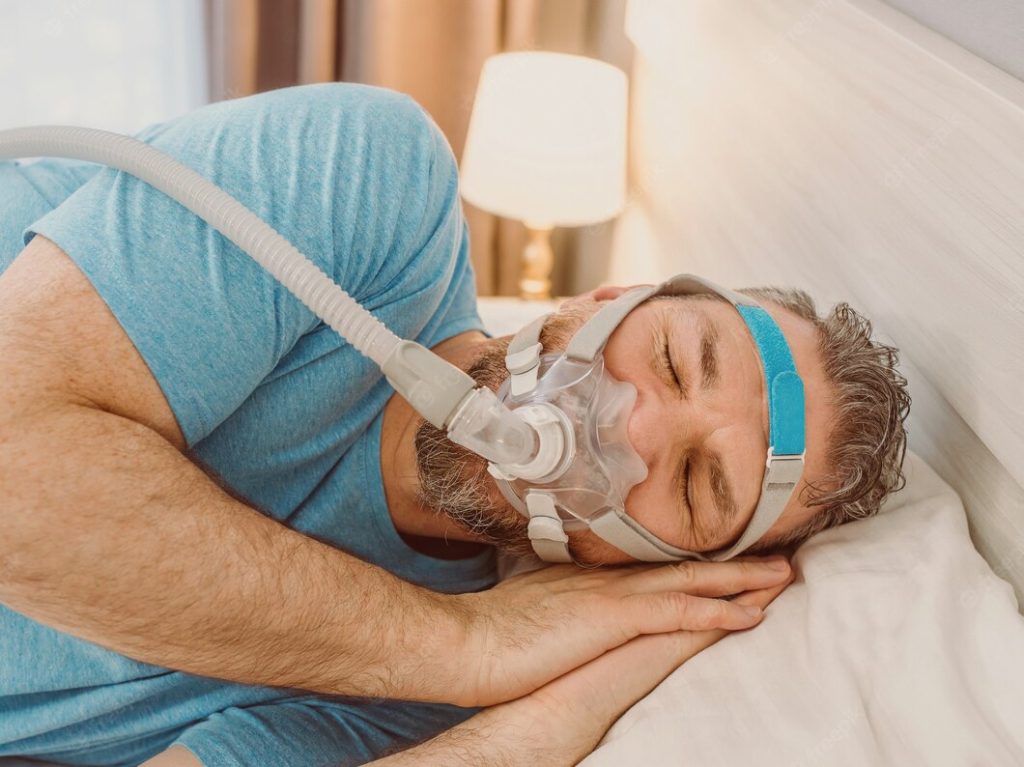Everybody dreams. Sometimes they can be funny, disturbing, scary or bizarre. But what are the relation between sleep and dreams? why do we dream? and why are dreams so hard to remember?
Sleep And Dreams
Everybody dreams. Even if most of us don’t remember it the next day, it is thought that everyone dreams about 3 to 6 times each night. Sometimes they can be funny, disturbing, scary or bizarre. But what are dreams really?
Dreams are described as a state of consciousness characterised by sensory, emotional and cognitive occurrences while we sleep. There are so many theories about why we dream but until now, no one knows for sure. Some say dreams don’t mean anything and have no purpose while others claim it is linked to our mental, emotional, and physical health.
Neuroscientists study the structures involved in dream production, organisation and narration. While psychoanalysis concentrates on the meaning of dreams and the context of relationships in the history of the dreamer.
Most vivid dreams happen during a phase called REM (rapid eye movement) sleep. REM is when our brain is most active.
Phases of Sleep
Stage 1: Light sleep with slow eye movement and reduced muscle activity. This forms about 4-5% of total sleep.
Stage 2: No more eye movement and the brain waves become slower with occasional bursts of waves called sleep spindles. This forms about 45-55% of total sleep.
Stage 3: Extremely slow brain waves (delta waves) starts to appear along with some smaller, faster waves. This accounts for 4-6% of sleep.
Stage 4: Stage 3 and 4 are called “deep sleep”, It is difficult to wake someone during this stage. There are no more eye and muscle activities. People who wake up during this won’t be able to adjust immediately and feel disoriented. Forms 12-15% of total sleep.
Stage 5: Called the REM or rapid eye movement. Breathing is rapid, irregular and shallow. Limb muscled becomes paralysed and eye jerks rapidly. People dream during this stage and makes up to 20-25% of sleep time.
Interpretations
What we think about and what we feel before we fall asleep can affect the contents of our dreams. It’s also suggested that elements from our everyday life can re-emerge in dream-like images during the transition from awake to asleep.
Nightmares
Nightmares are distressing dreams that can cause some to feel disturbing emotions like fear and anxiety.
It can occur in both adults and children, the causes include:
- stress
- fear
- trauma
- emotional difficulties
- illness
- use of certain medications or drugs
Lucid dreams
When the person is aware that they are dreaming, it’s called Lucid dreaming. They can have some control over their dreams, it can vary between lucid dreams. They occur in the middle of a regular dream when the person suddenly realises that he/she is dreaming.
Some may experience it randomly. Others have reported that they were able to increase their control when lucid dreaming.
Why Are Dreams Hard to Remember?
Researchers still don’t know why dreams can be easily forgotten. Some think that maybe we forget our dreams because if we can remember them all, we may not be able to differentiate dreams from reality.
Another theory is since dreams happen during REM sleep, the body shuts down the systems in our brain that creates memory and makes it harder to remember dreams. And we may only remember a few before we wake up when some brain activities are already back on.
Some say that we just don’t know how to access our dream memories and when we suddenly remember, we may have triggered something in our brain that allows us to remember some of it.
Tips for Dream Recall:
- Wake up without an alarm. Waking up naturally instead of with an annoying alarm clock sound can help you remember better.
- Remind yourself to remember. Before you sleep, try reminding yourself that you want to remember your dream.
- Dream playback. Try and playback your dream immediately upon waking up for better chances of remembering it.
To read more about Sleep, click here.









